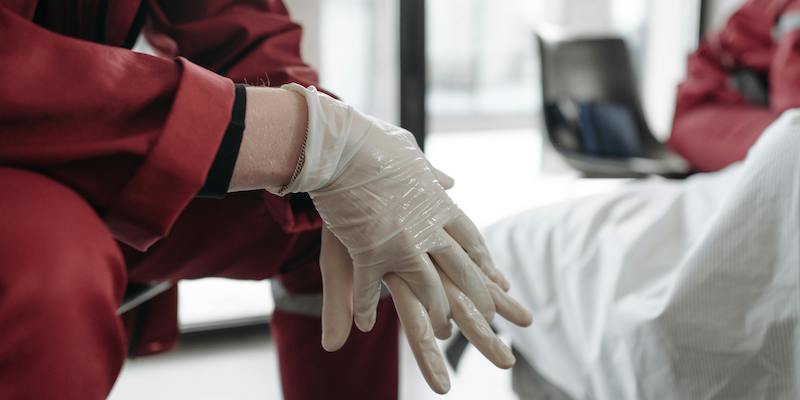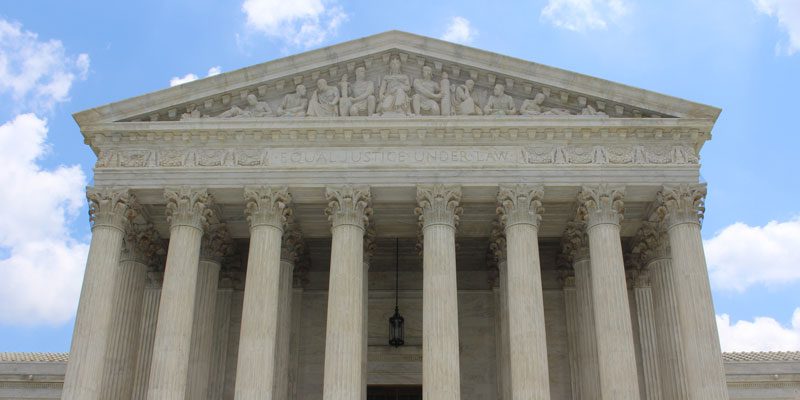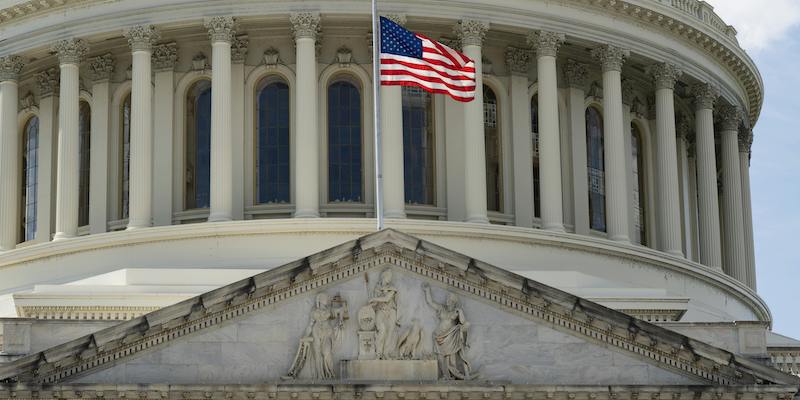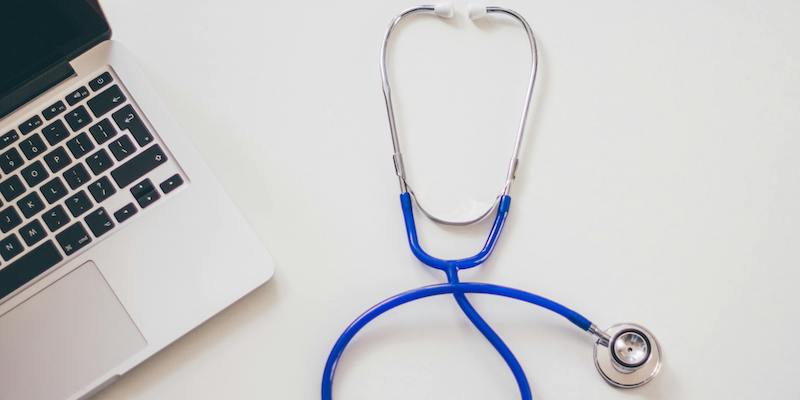Freedom2Care®
Conscience | Religious Freedom

Made in the image of God, we are endowed with a conscience that enables us to know and respond to moral truth. To live by conscience is to live with integrity, with pure hearts and transformed minds that seek God’s will and strive to love him and our neighbor. Because reason is essential in conscience, we should all be prepared to engage in moral deliberation and to explain and commend the reasons for our conscientious actions to others.
In clinical practice, Christian healthcare professionals should be in, but not of, the world, striving for what is good and avoiding complicity with evil. We should pray for wisdom to discern what is right when circumstances in our fallen world make it difficult to separate ourselves from associating with the evil actions or intentions of others. Christian healthcare professionals will sometimes need to disagree with patients, colleagues, or institutions over the ethical legitimacy of controversial medical practices. Under such circumstances, Christian healthcare professionals must be prepared to refuse to cooperate with such practices. They should do so with compassion and confidence, knowing that loving our neighbors sometimes means refusing to cooperate with their mistaken wishes. Conscience should be considered a right with profound ethical and religious importance. Therefore, Christian healthcare professionals should encourage colleagues, institutions, and governments to respect this right and to establish policies that accommodate clinicians who exercise it.
